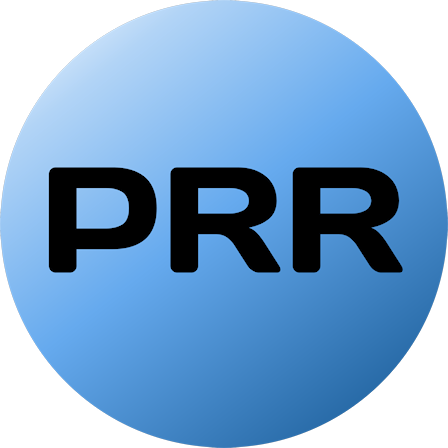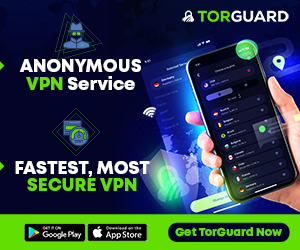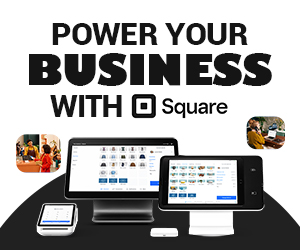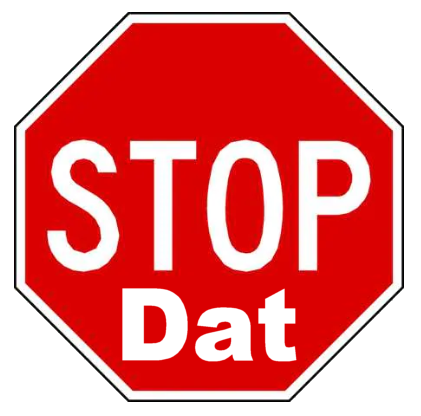VPNs have become very popular nowadays. Because of their many digital uses, they have become a must for many internet users. Here we will try to show you some aspects of VPNs that you may not know.

1. How Do They Work?
A VPN works by routing your device’s internet connection via your chosen VPN’s private server rather than through your ISP, allowing your data to be transferred to the internet via the VPN. As you connect to the internet, the VPN functions as an intermediary, masking your IP address (the string of digits your ISP assigns to your device) and protecting your identity.
Furthermore, if your data is intercepted in any way, it will remain unreadable until it reaches its intended destination. For more information, you can look at this site where they have VPN explained and they have done it in a detailed way. You should know that encryption conceals data in such a way (essentially converting it to gibberish) that it cannot be read without an extremely strong password, referred to as a key. This key essentially decodes the complex code into which your data has been transformed. This key is only known by your machine and the VPN server. Decryption, or the process of making encrypted information readable again by the use of the key, is the process of decoding your data.
2. They Are Legal in Most Countries
Virtual private networks (VPNs) are currently permitted in the United States. The legality of using a VPN differs by nation. It is lawful for you to use or purchase a VPN to preserve your privacy. While personal privacy is permissible, you should never use a VPN to break the law or to do something that is against the VPN’s terms of service. Even when utilizing a VPN, it is illegal to download or stream copyrighted material such as games, movies, or music without first paying for the items. It is illegal to torrent copyrighted media or anything that you do not own. Here’s a general rule: if anything is unlawful without a VPN, it’s illegal with a VPN and should be avoided.
Even though there is no known legal restriction, several nations have highly stringent internet filtering rules, which means that using a VPN within those countries can be risky. The following countries have censorship laws in place:
- North Korea
- Cuba
- Egypt
- Vietnam
- Bahrain
Other countries have taken steps to block and prohibit VPN traffic, even though these governments may not have complete control over their land and infrastructure. In any case, the governments of these countries are hostile to VPN use, and residents who are caught using them may face serious consequences. The following are some examples of these countries:
- Syria
- Libya
The countries that completely block the use of VPNs are:
- Myanmar
- Turkey
- Uganda
- United Arab Emirates
- Venezuela
Countries where they are illegal:
- Belarus
- China
- Iran
- Iraq
- Oman
- Russia
- Turkmenistan
3. Are They Anonymous?
When you press the Connect button in your VPN app, a secure connection is formed between your device and a VPN server in the location you specify. No one can see what you’re doing since it’s encrypted: the websites you’re visiting, the messages you’re sending, and the files you’re downloading. This is true for the component of the connection that is encrypted.
Only the VPN server can see it because it is encrypted. As a result, the VPN service can see which websites you’re visiting, who you’re talking to when you’re talking to them, and for how long. Your identity is protected because the VPN server changes your IP address, even if the connection is not encrypted. Use a VPN provider that offers a ‘double VPN,’ where your connection is routed through two servers and your IP address is changed twice for more security.

4. Unblock Websites
Because geo-blocking is such a common practice nowadays, you’ve undoubtedly previously encountered it. While geo-blocking can not completely block websites, it does allow you to hide specific material based on your location. Streaming platforms usually achieve this by determining your IP address’s country code. As a result, you’ll be able to see what content is available to you. Netflix, for example, offers different episodes and movies available for each area based on local copyright rules.
A VPN works by masking your IP address and all the data it contains, such as:
- Your country
- Your region
- Your city
- Your longitude
- Your latitude
Your DNS requests are likewise hidden by a good VPN, making you anonymous. The best thing is that your internet connection is encrypted, preventing snoopers from seeing your data. VPN servers are provided by such services. The bigger the number of servers, the more stuff you’ll be able to unblock.
Although the Internet is a useful resource, it also exposes you to hackers, identity thieves, unethical advertising, and even government spying. If you want to add an extra layer of protection to your online experience, a VPN, or virtual private network, can be a suitable choice. However, before you sign up for a VPN, you should research your alternatives to ensure you’re getting one that’s safe, secure, and has all of the features you require.





